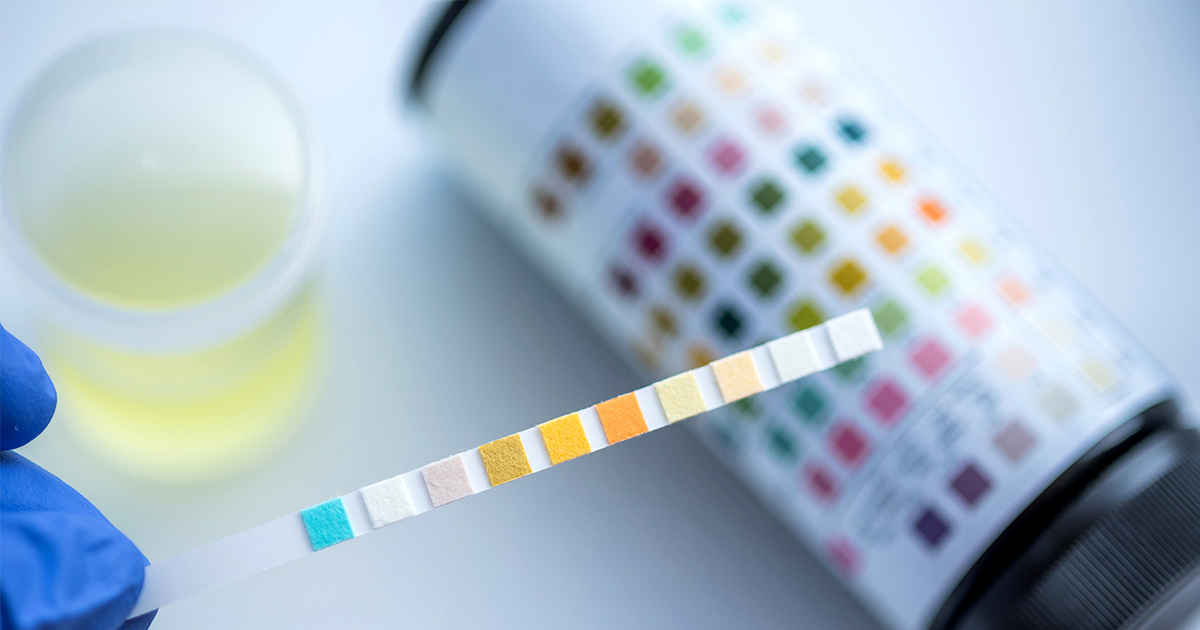The Link Between Proteinuria and Kidney Health: Explained

Proteinuria is a medical condition characterized by the abnormal presence of protein in the urine. It serves as an essential indicator of kidney health and can be a sign of underlying health issues.
Causes of Proteinuria
1. Kidney Diseases: Proteinuria is commonly associated with kidney diseases such as chronic kidney disease (CKD), glomerulonephritis, and diabetic nephropathy. These conditions can damage the filtering units of the kidneys (glomeruli), leading to the leakage of proteins into the urine.
2. Diabetes: Individuals with diabetes may develop diabetic nephropathy, a kidney complication resulting from high blood sugar levels. This condition can cause damage to the glomeruli, leading to proteinuria.
3. High Blood Pressure: Uncontrolled hypertension can damage the blood vessels in the kidneys, impairing their ability to properly filter waste products. This can result in protein leakage into the urine.
4. Infections and Inflammation: Infections of the urinary tract or inflammation in the kidneys can cause temporary proteinuria. These conditions, if left untreated, can lead to persistent proteinuria.
5. Medications and Toxins: Certain medications, such as nonsteroidal anti-inflammatory drugs (NSAIDs) and certain antibiotics, as well as exposure to toxins, can cause proteinuria as a side effect.
Symptoms of Proteinuria
Proteinuria itself does not typically cause noticeable symptoms. However, it is often detected during routine urine tests or when investigating the underlying cause of other symptoms. In some cases, individuals with significant proteinuria may experience foamy urine, swelling (edema) in the hands, feet, or face, or unexpected weight gain due to fluid retention.
Diagnosis and Treatment
1. Urine Test: Proteinuria is diagnosed through a simple urine test. It measures the amount of protein present in the urine and may also assess the protein-to-creatinine ratio. Persistently high levels of proteinuria may indicate the need for further evaluation to identify the underlying cause.
2. Underlying Cause Treatment: Treating the underlying condition causing proteinuria is crucial. This may involve managing diabetes, controlling hypertension, or addressing kidney diseases through medications, lifestyle modifications, and, in some cases, dialysis or kidney transplantation.
3. Medications: Depending on the severity and underlying cause, medications such as angiotensin-converting enzyme inhibitors (ACE inhibitors) or angiotensin receptor blockers (ARBs) may be prescribed to help reduce proteinuria and protect kidney function.
4. Lifestyle Modifications: Adopting a healthy lifestyle can help manage proteinuria and improve overall kidney health. This includes maintaining a balanced diet, managing blood pressure, controlling blood sugar levels, staying hydrated, and avoiding smoking.
While proteinuria itself may not cause noticeable symptoms, it serves as a crucial indicator of kidney health and should be evaluated and treated promptly. Understanding the underlying causes of proteinuria and following appropriate treatment strategies, including medication, lifestyle modifications, and addressing any related health conditions, can help manage proteinuria effectively and preserve kidney function. Regular monitoring and collaboration with healthcare professionals are essential to ensure optimal kidney health and overall well-being.
- * All research and clinical data should be used as reference purposes only, results may vary.




